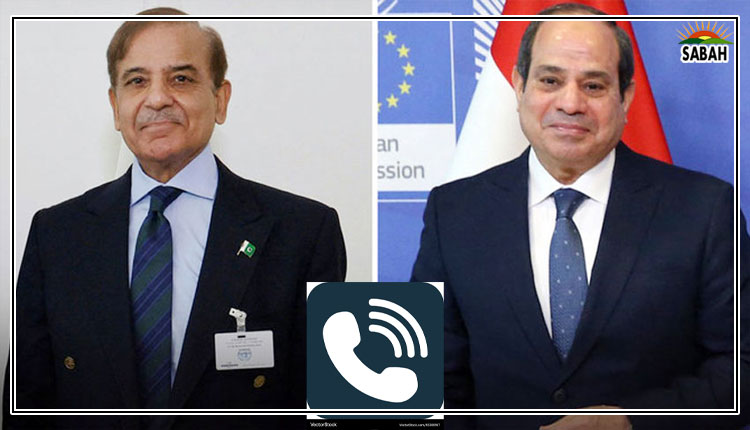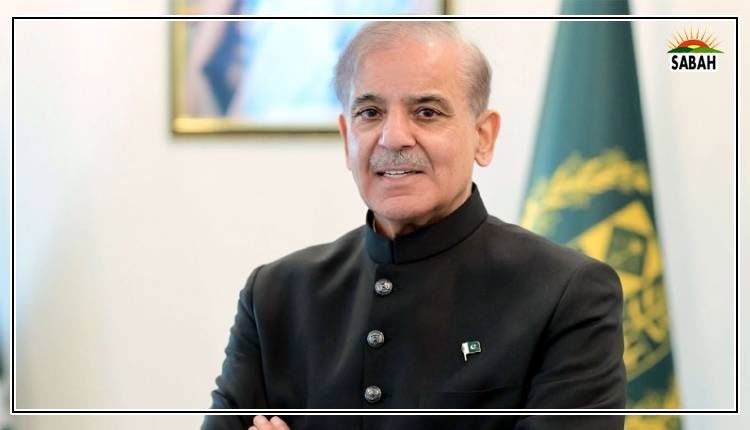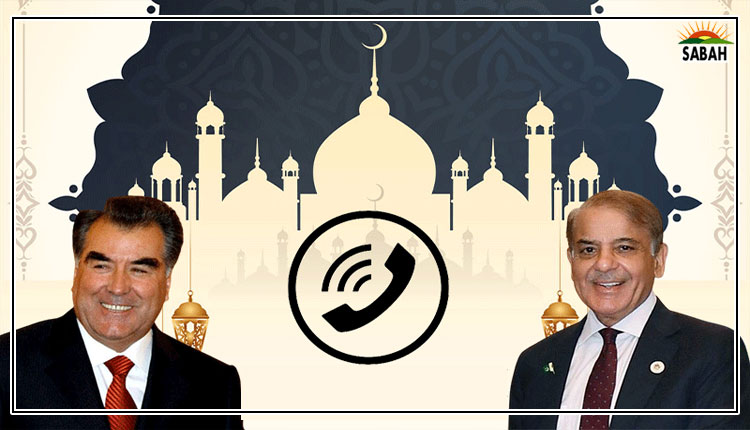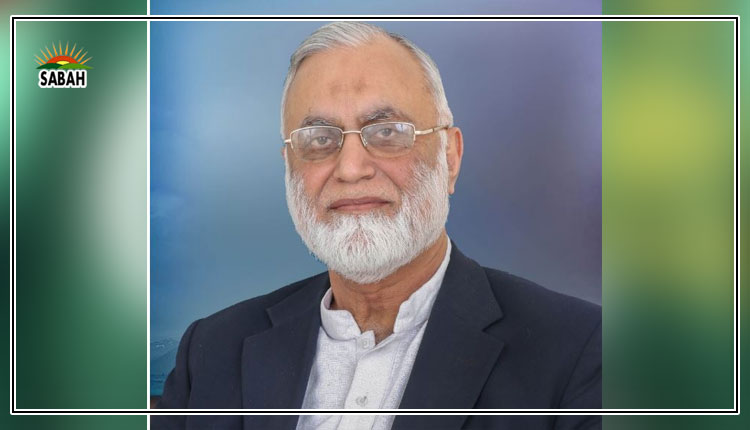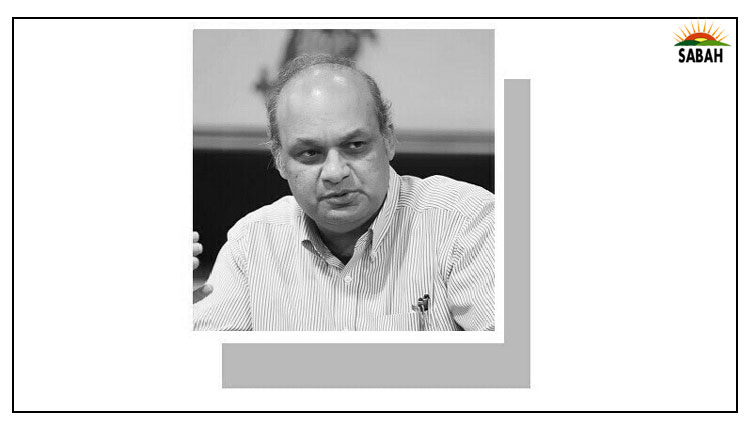Trapped in a cul-de-sac…Faisal Bari
PAKISTAN is currently facing many crises. Some have even referred to these times as a period of polycrisis. The economic situation has been bad for a number of years now and there seem to be no short- to medium-term solutions. The political crisis is more deeply entrenched. Institutional degradation makes it difficult to find tools to address some of the crises. Poor outcomes in health and education imply that our ability to respond to crises and move to a sustained high-growth path is that much more unlikely. Climate change and environmental degradation are also posing serious threats to the country.
But even more alarming is the fact that we have a very divided citizenry. Geographic, ethnic, religious, political, social and economic differences and inequalities have deepened over the decades, making it very difficult for common ground to exist. The holding of parades and the release of patriotic videos/ songs does not mean one nation. Forcing people to study Pakistan Studies or Ideology of Pakistan as compulsory subjects does not address the issue either. On the contrary, it speaks to the desperation being felt in some quarters about divisions and differences.
Institutions have lost the trust of a large number of people. Partisanship trumps citizenship and the commonalities of experience and being. And it is no longer restricted to minority groups and/ or geographical peripheries. It is the story of most people, and people who used to provide the bulk of support to the mainstream narrative previously.
People used to think that press conferences were a way of individuals/ institutions giving their side of the story and information to people, while journalists could force some accountability through their questions and probing follow-ups. Is there anyone around who still thinks that? Are interactions with the press taken at face value, as information and narrative dissemination mechanisms anymore? And by anyone? People do not follow press interactions anymore. If they do, they see them as indicating the latest moves in partisanship. No institution or individual is believed to be telling the truth. Journalists who ask questions are either planted friends or enemies, who have been able to sneak into the interaction, depending on whether he/ she asks a friendly or hostile question. Public office is the bully pulpit for getting the state narrative out.
It is hard to see how Pakistan is going to move forward to address the polycrisis.
Given the lack of trust that most have against most, if not all against all, it is hard to see how Pakistan is going to move forward to address the polycrisis. For the last year or so, we have seen that most political players, parties or state institutions that are involved in the political fray, cannot even bring themselves to talk to each other let alone work out common ground or move towards mutual collaboration. If people cannot talk to each other, do not talk to each other, and do not want to talk to each other, how are solutions, for the substantial and existence-threatening crises we face to be thought about, worked out and tried out?
Collaboration and cooperation are not the only way of moving forward, of course. And this is, in many ways, becoming an issue now. Different collectives have different levels of power, and their power varies by issue as well. Besides, the perceptions of power of different groups, their own perceptions of their power, and the perceptions of other people and groups about the power that various groups have also vary. If a group or some groups feel they have enough power and/ or legitimacy to force their point of view, their incentives for collaboration and cooperation go down. This is as true for families and corporate settings as it for groups. If people feel they do not need the cooperation of others for a certain outcome, they will be less willing to look for cooperation; forcing the issue will be acceptable to many of them.
The establishment has had the power to force things in Pakistan so far. Whether they did so openly through martial laws or from behind the scenes, by managing other institutions and political parties and leaders (this has been lately described as a hybrid regime), they have had the power and have been using it. But over time, they have also lost a lot of power and legitimacy. Where in the past, most groups felt they had to compromise and adapt to or adopt what was being offered by the establishment, some groups and political parties as well as other entities now think they do not have to compromise and can try and resist the establishments power to force things. In some ways, this has created the situation in which we find ourselves today.
But the problem seems to be that where other groups have doubts about the power of the establishment and see possibilities of being able to resist its will in some areas and on some questions, most of the top players in the establishment still seem to think they have the power to force issues, and therefore, do not see the need to explore collaboration or cooperation. Which squarely puts us, the nation, into a cul-de-sac.
The polycrisis needs cooperation and collaboration involving a wide array of actors and interest groups if we are to be able to address it. But levels of trust, across groups, seems to be at an all-time low. It is also true that the establishment still seems to think it can force some groups to compromise and others to conform and acquiesce, and so does not see the need for collaboration. But some groups believe they can resist the pressure from the establishment. This leads to a stand-off, making it hard to see how Pakistan and Pakistanis can move forward from here.
The writer is a senior research fellow at the Institute of Development and Economic Alternatives, and an associate professor of economics at Lums.
Published in Dawn, September 13th, 2024
Courtesy Dawn


